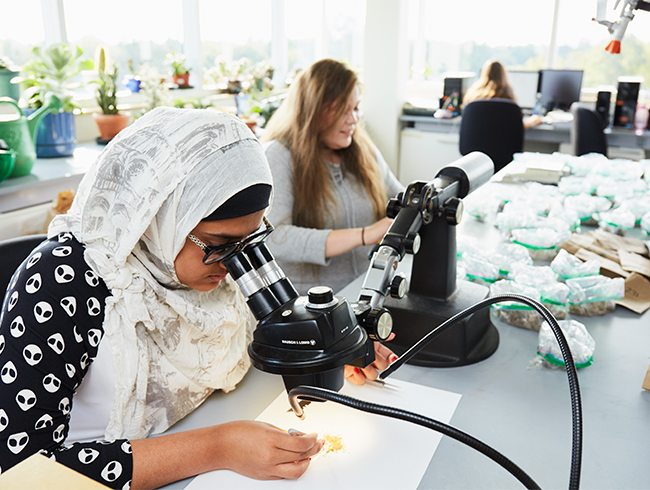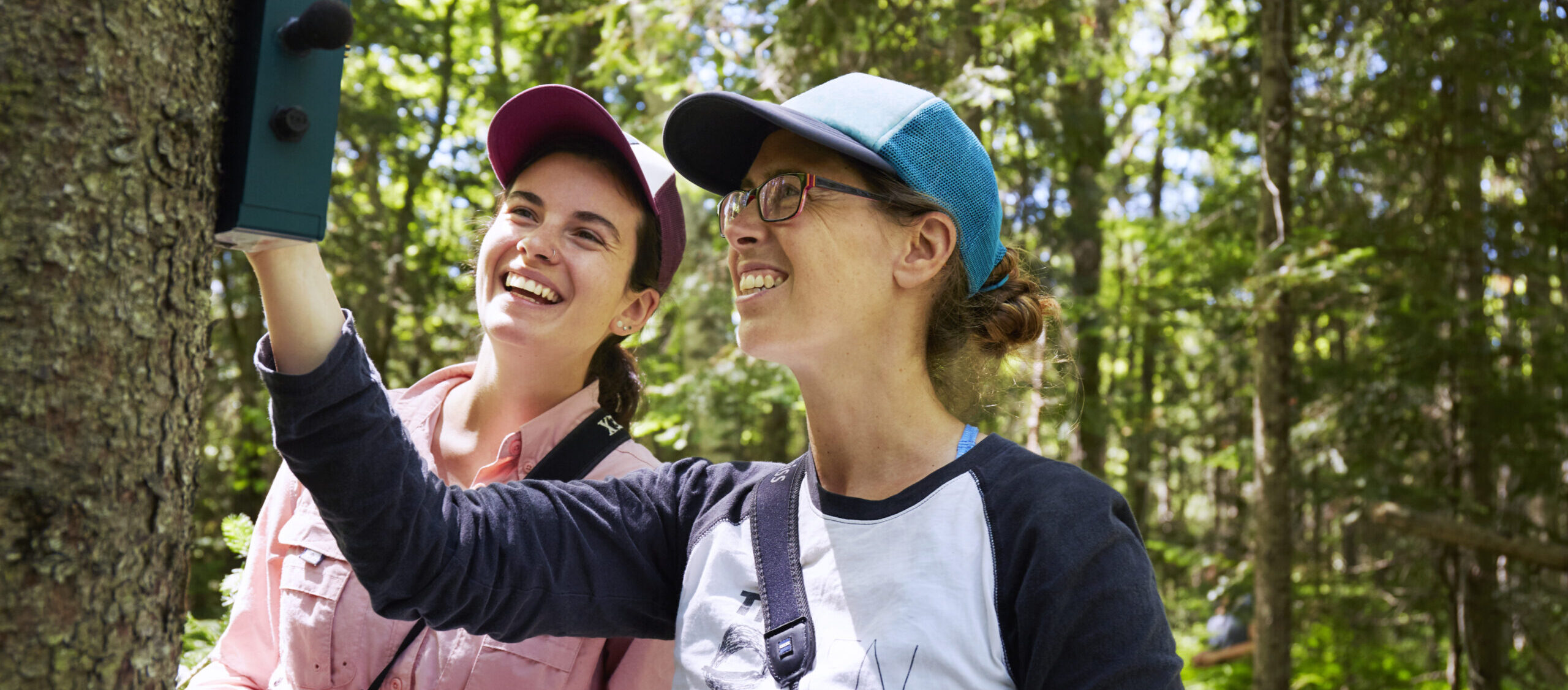
Cameron Faculty of Science
The Cameron Faculty of Science at Algoma University delivers a high calibre programming with a focus on research and experience.
Most of our students have the opportunity to work in a research lab or for a local company as volunteers, student workers, through our internship courses and the capstone thesis. Several of our students publish their research in scientific journals.
The Cameron Faculty of Science delivers top-quality academic programming in Biology, Psychology, and Environmental Science. Our programs are built to help students develop critical thinking skills allowing them to contribute solutions to current challenges facing humanity in the twenty-first century. The Cameron Faculty of Science prides itself on exceptional faculty/student relationships. Our small class-sizes allow students to get to know their professors, and meet with them regularly to ensure that they are reaching their goals.
Our professors are there to help students if they are struggling, and to help them grow throughout their academic careers. The Cameron Faculty of Science provides relevant high-quality education with a particular focus on getting students involved in the research process.
Consequently, our graduates leave Algoma University feeling like they have truly become scientists. Many graduates report that this experience greatly prepared them for their careers.
Work with World-Class Researchers
Algoma University has world-class researchers. Our researchers bring in millions of dollars in research grants, and students in our programs have the opportunity to interact with these researchers, learn from them both formally and informally, and even conduct research in their labs. Over the last eight years, our undergraduate students have published 28 research papers in the peer reviewed scientific literature. In the SLSE, we understand that to become a great researcher, you need to learn from and train with great researchers.
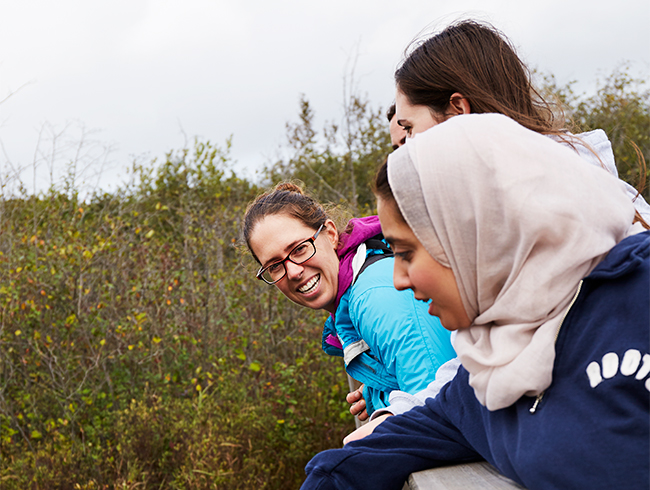
Become a Scientist
Our goal is for every graduate to leave our program feeling like they have become a scientist. To accomplish this, we have structured our programs to focus on teaching students the scientific method, how to use data and statistics to address scientific hypotheses, as well as basic and advanced laboratory techniques. Students can hone their research skills in weekly lab sessions, during internship courses, or while working on an Honours Thesis project. We get students doing science, so when they graduate, they feel like scientists.
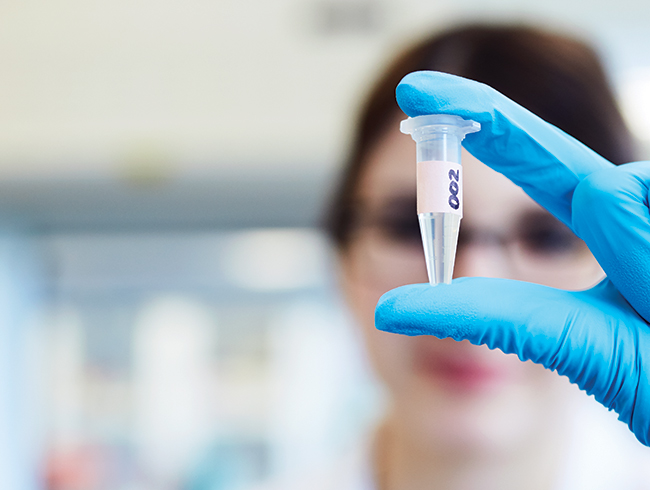
Find your Passion
We know that our incoming students have only scratched the surface in their scientific education. Our programs give students exposure to the breadth of topics that span Biology, Psychology, and Environmental Sciences. Students have the chance to explore many topics within their field of study, and then choose electives that match their interests later in their degree program. This approach ensures that students are given the chance to discover what they enjoy in their program, and pursue it. This approach differs from more specialized undergraduate programs where if a student wishes to pursue a new direction, they must start over. Science is about discovery – discover your passion in Algoma’s Cameron Faculty of Science.
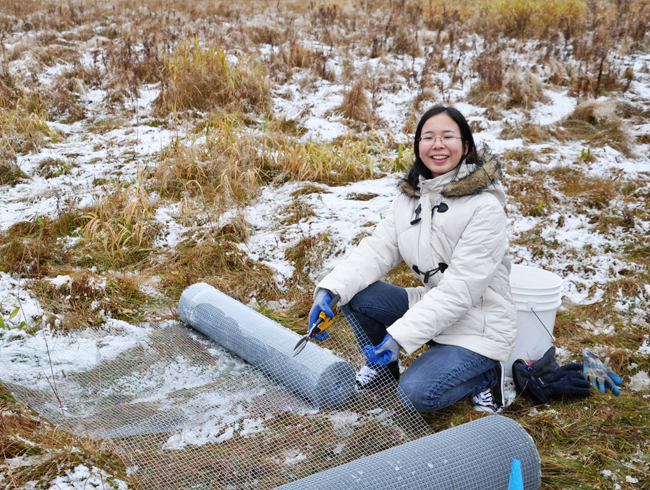
| Programming | Campus | Admission |
|---|---|---|
| Bachelor of Science - Biology | SSM | Gr. 12 English & Math, Two Gr. 12 Sciences from Biology, Chemistry or Physics |
| Bachelor of Science - Environmental Science | SSM | Gr. 12 English & Math Two Gr. 12 Sciences from Biology, Chemistry or Physics |
| Bachelor of Science - Psychology | SSM | Gr. 12 English & Math, Two Gr. 12 Sciences from Biology, Chemistry or Physics |
| Bachelor of Arts - Psychology | SSM/BRAM | Gr. 12 English |
Staff & Faculty
Our staff and faculty are experts in their field. Get to know them!
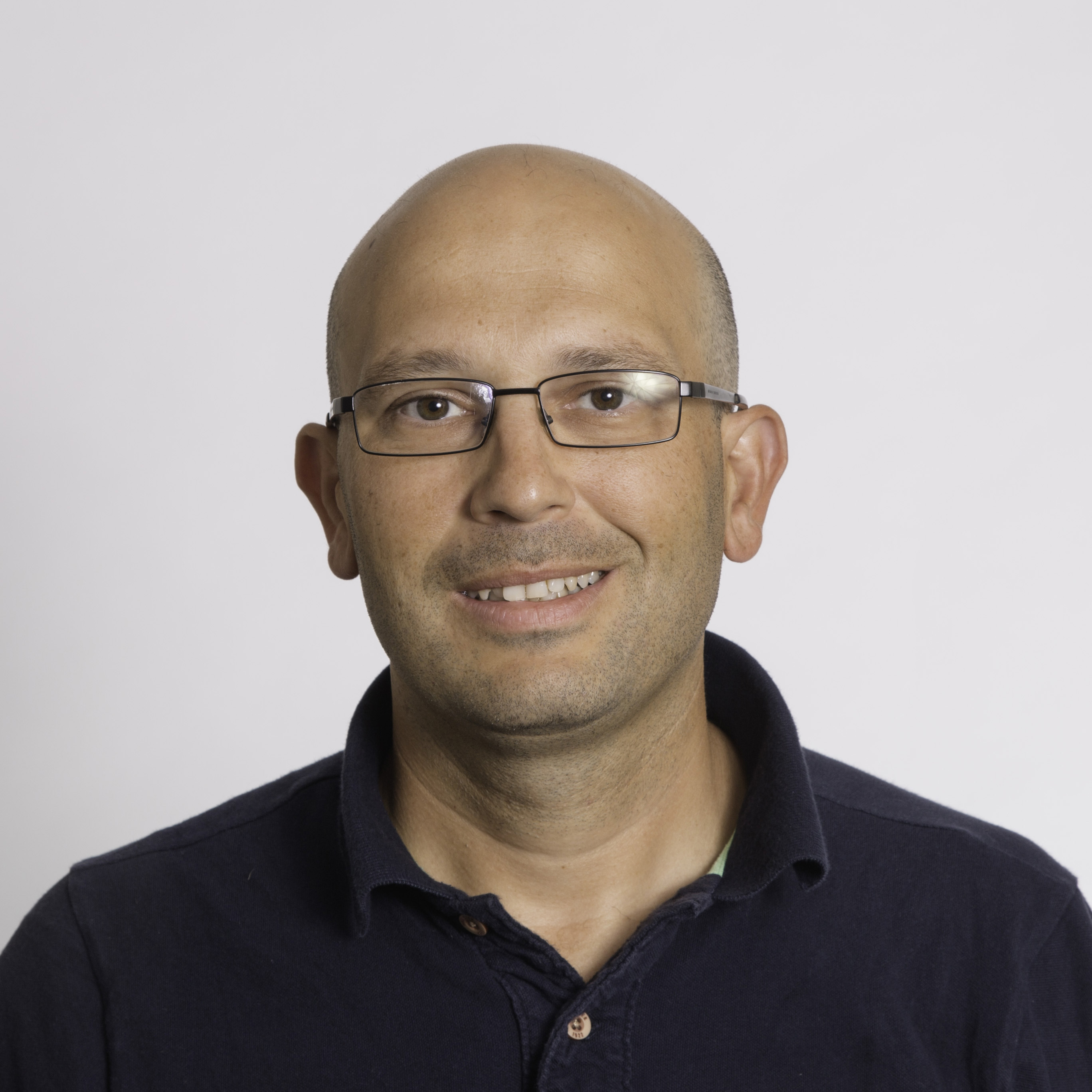
Dr. Pedro Madeira Antunes
Professor, Biology, Graduate Officer of the Master of Science in Biology
View Full Bio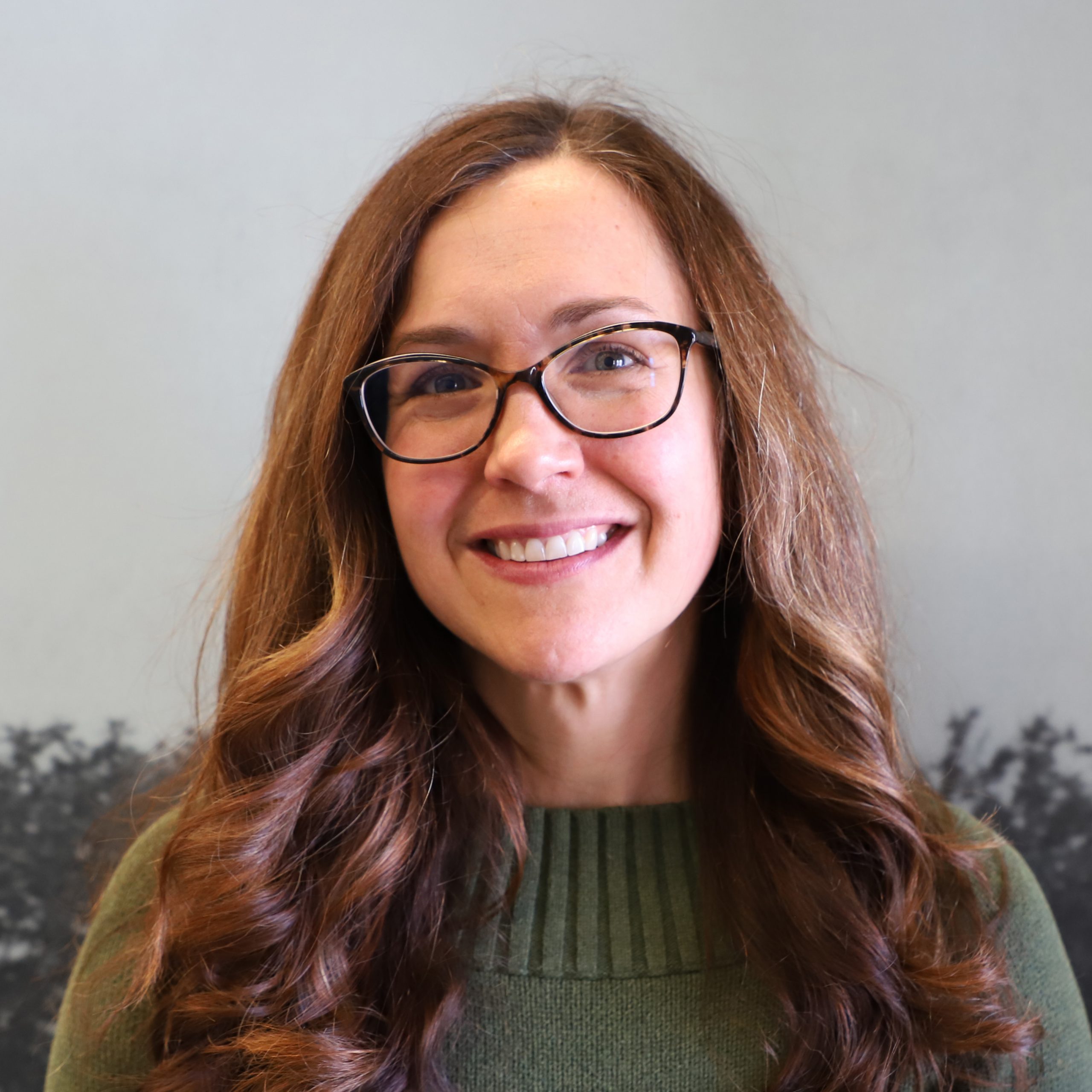
Shannon Rowell-Garvon
Lab Coordinator, Animal Care & Use Coordinator and Sessional Instructor, Biology
View Full BioDr. Jennifer Foote
Professor, Biology
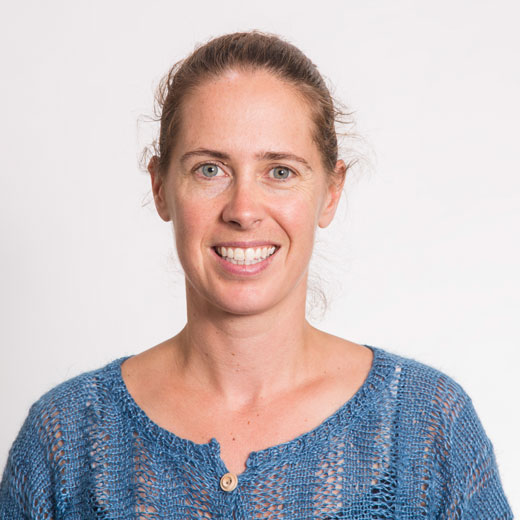
[email protected]
705-949-2301, ext. 4368
Credentials: BSc Hons (Saint Mary’s University), MSc (Dalhousie University), PhD (Queen’s University)
Dr. Foote holds a B.Sc from Saint Mary’s University (2002), an MSc from Dalhousie University (2004), and PhD from Queen’s University (2008). Dr. Foote and her students study communication behaviour of temperate songbirds with a particular focus on nocturnal song and the dawn chorus. We are interested in why birds sing when they do and how vocal behaviour varies with environmental and social factors. Two of the Northern Ontario species that we have studied most extensively in the last decade are Ovenbird and White-throated Sparrow. Both species are rather prolific singers and are the only two birds in our forest community that sing sporadically during the night. Dr. Foote is also interested in testing and integrating new technologies in bioacoustics including new recording techniques, machine-learning approaches, and modelling of vocal interactions in communication networks. Dr. Foote is an Associate Editor for The Canadian Field-Naturalist and Journal of Avian Biology. For more information on research in The OVEN (Ornithology, Vocalization, and Ecology Network), you can visit Dr. Foote’s website or email her [email protected].
Dr. Michael Twiss
Professor, Biology
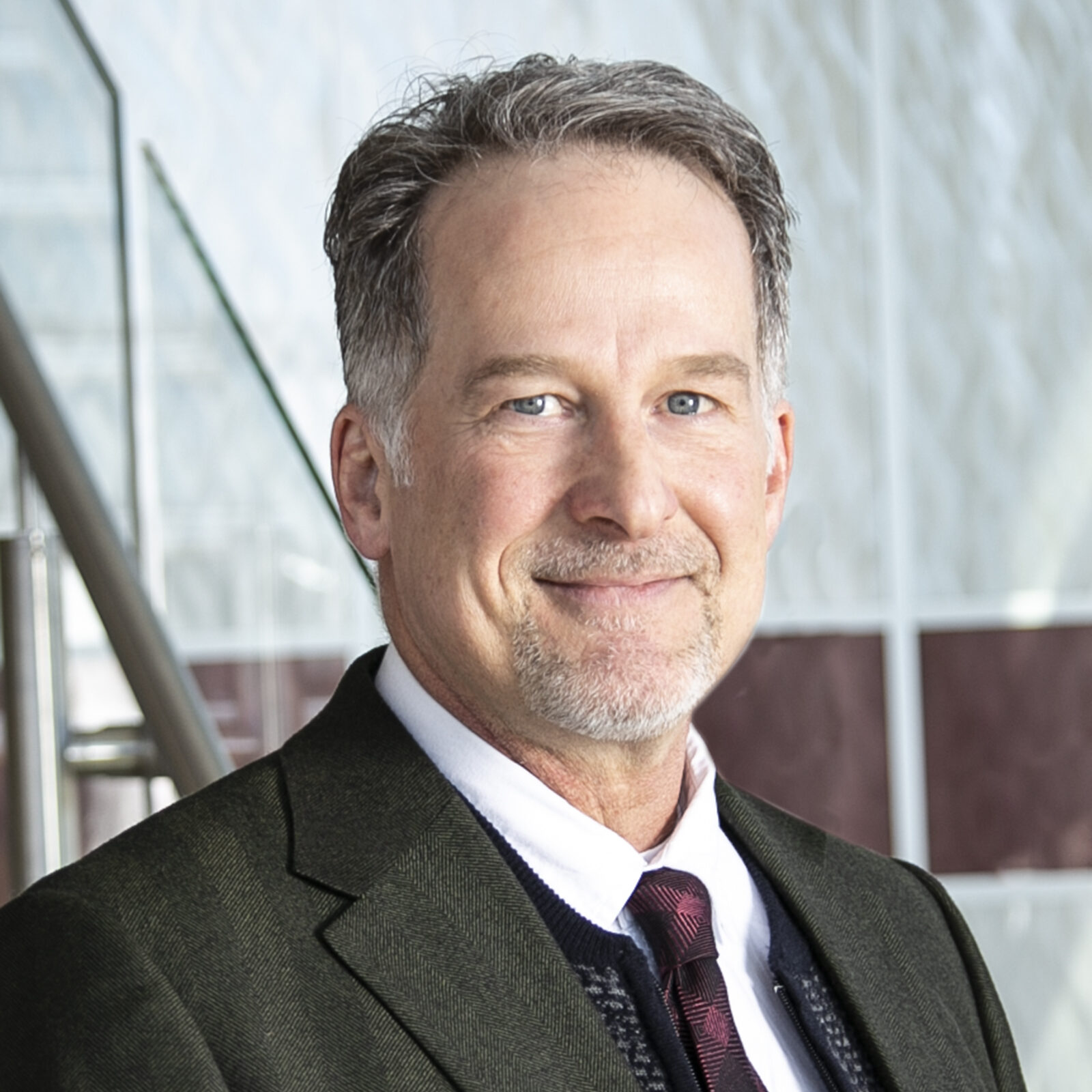
Dr. Twiss brings more than 20 years of academic experience to the University. He joined Clarkson University in 2002 and he was appointed Department Chair in 2020. Dr. Twiss received his BSc from Trent University, an MSc from the University of Toronto, and after receiving his PhD from Université du Québec in 1996, he held a postdoctoral fellowship at Woods Hole Oceanographic Institution. His current research focuses on winter limnology and the development of novel approaches to year-round remote sensing of water quality. He has published fieldwork on every Laurentian Great Lake and the Saint Lawrence River. He has brought in over $2M in external funding and has published over 100 peer-reviewed publications, book chapters and conference proceedings, he has given 53 presentations, and he has supervised 17 graduate and 66 undergraduate students.
His professional service includes participation on Great Lakes science advisory boards (US Environmental Protection Agency (EPA), International Joint Commission) and leadership as President of the International Association for Great Lakes Research, where his professional expertise and that of colleagues have helped ensure the protection of these crucial waters. His collaborations include the regional Kanienkehaka (Mohawk) community more specifically with the Kaswentha, and he works to ensure that data sovereignty is respected and decolonization is addressed. He expanded the River Environment and Sensor Observation Network (REASON) project into the Mohawk nation of Akwesasne, which not only increased the power of the observatory but the technology transfer, sharing of funds and data, increased the capacity of the Akwesasronon for mutual benefit.
Dr. Twiss has taught a large number of courses focused on microbiology, limnology, botany, and water protection. More significantly he has developed many experiential learning programs for students. For example, the Great Lakes Limnology practicum took place over an intensive 8-day research expedition across Lake Ontario where students learned about pelagic microbial ecology and water birds with nightly seminars onboard the US EPA research vessel Lake Guardian. He also developed an experiential learning program for students with the renowned Trudeau Institute for Infectious Disease Research. Another course, Great Lakes Water Protection, integrates broad topics in geology, limnology, economics, and fine art in order for students to appreciate the ecological and social importance of the Great Lakes region.
Dr. Twiss states, “My time at Clarkson University, a technologically strong university, has provided me with many teaching, experiential learning, research and administrative experiences that I am looking forward to sharing with Algoma as it continues its steady rise as a university. As Clarkson begins to acknowledge its position in the North Country of New York on the traditional territory of the Kaniekehaka (Mohawk), a connection to Algoma University and its Special Mission will be welcomed. I am honoured to begin that connection.” Dr. Twiss has developed a diversity of partnerships, is an advocate for underrepresented groups, and is passionate about the success of students and colleagues.
Dr. Pedro Madeira Antunes
Professor, Biology, Graduate Officer of the Master of Science in Biology

[email protected]
705-949-2301, ext. 4379
Credentials: BSc (University of Evora), PhD (University of Guelph)
Pedro M Antunes began his studies in Biology at the University of Évora in Portugal (B.Sc., 1999), before honing his focus on Soil Science in Canada, where he completed a Ph.D. at the University of Guelph (2005). He took on a Research Assistant Professorship in the Rillig Lab at the Free University of Berlin, Germany (2008-09) where he continued to expand his work on plant-soil ecological interactions, having obtained a Marie-Curie Fellowship. In 2010 he accepted the position of Research Chair at Algoma University (2010 and Canada Research Chair Tier II, 2015, 2020). In these roles, he established the Plant and Soil Ecology Lab, which has become a center for pioneering studies on how global change factors, such as climate change, pollution, and biological invasions, reshape the ecology and evolution of plant-microbe interactions, ultimately influencing plant productivity and community composition across various ecosystems. This knowledge is relevant considering that soils are the foundation of life, supporting biodiversity, ecosystem function, food security, and resilience in the face of unprecedented environmental change.
Dr. Brandon Schamp
Professor & Department Chair, Biology

[email protected]
705-949-2301, ext. 4358
Credentials: BSc Hons (Wilfrid Laurier University), MSc (Queen’s University), PhD(Queen’s University)
Dr. Schamp received his bachelor’s degree from Wilfrid Laurier in 1997, his M.Sc. from Queen’s in 2001. He finally finished his schooling with his Ph.D., also at Queen’s, in 2008, which would equate to finishing approximately grade 25! Before all that school, he grew up in southern Ontario, spending most of his time climbing trees, chasing rabbits, and trying to find and catch snakes. He also played a lot of sports. All of this probably explains why he now spends his time investigating how competition (see previously stated interest in sports) shapes natural systems, particularly in fields and forests (see previously stated love of fields and forests). He has been doing science actively for about 25 years now, and has been at Algoma since 2008. He loves science and enjoys teaching and working with students to examine questions such as:
- Why is it that in competitive systems, no single species takes over?
- Why are some species more abundant than others?
- If larger plants are better competitors, and competition is important in plant communities, why are there so many small plant species?
These are the things that both keep him up at night and get him excited for work in the morning. Dr. Schamp has a website with more information HERE and you would be most welcome to email him with questions at [email protected].
Dr. Isabel Molina
Professor, Biology
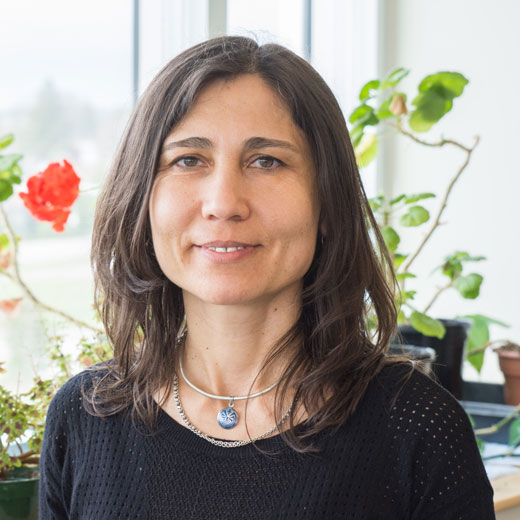
[email protected]
705-949-2301, ext. 1078
Credentials: BSc (National University of La Plata, Argentina), MSc (National University of La Plata, Argentina), PhD (Michigan State University)
Isabel Molina earned a B.Sc. in Biochemistry from the National University of La Plata Argentina, and a Ph.D. from Michigan State University (MSU) as a Fulbright fellow. After postdoctoral training at MSU, she joined Algoma University in 2011, became a Tier 2 Canada Research Chair in Plant Lipid Metabolism in 2018, and was promoted to Full Professor in 2021. Dr. Molina’s research focuses on the lipid barriers that protect plants from the environment. Her lab integrates functional genomics, molecular genetics, biochemistry, and analytical chemistry to dissect the metabolic pathways involved in building these complex extracellular lipids. This work aims to enhance drought tolerance and seed traits while advancing synthetic biology applications, enabling the production of renewable biopolymers for diverse industries.
Dr. Teryn Bruni
Assistant Professor, Psychology
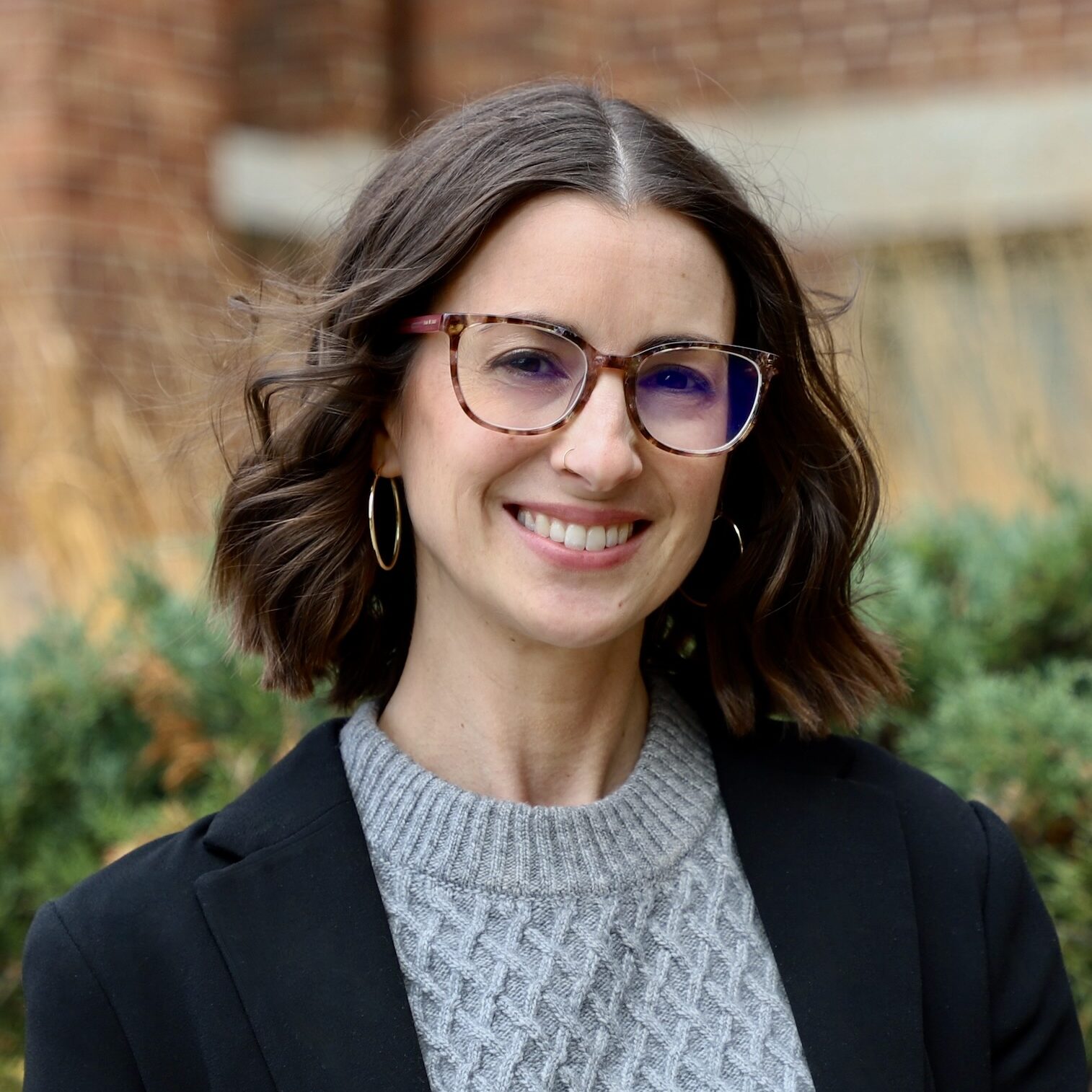
Dr. Bruni is a Paediatric Psychologist with expertise in integrated care, school psychology, and applied behaviour analysis. Her research interests include evaluating the effectiveness of single-session mental health interventions, the use of professional task-shifting to increase access to mental health support, and the promotion of psychological flexibility in youth. She is focused on establishing a program of research that is responsive to the needs of the community and aligns with ongoing mental health initiatives. Dr. Bruni is a licensed Psychologist in the state of Michigan and is currently in the process of pursing her registration in Ontario. She has maintained her behaviour analysis certification with the Behaviour Analysis Certification Board since 2011. Her predoctoral and postdoctoral training was in the area of behavioural pediatrics, which included rotations in integrated primary care, elimination disorders, weight management, sleep medicine, and feeding disorders. Dr. Bruni worked as a faculty member at Michigan Medicine for four years, where she provided and supervised mental health services within the pediatric primary care setting. During her time at Michigan Medicine, she became interested in the conduct of implementation research to improve patient access to evidence-based mental health interventions within the paediatric primary care setting.
Dr. Bill Dew
Associate Professor, Biology
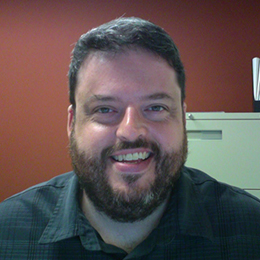
[email protected]
705-949-2301, ext. 4761
Credentials: B.Sc. Hons (Laurentian University), M.Sc. (Laurentian University), Ph.D. (Lakehead University)
Area of Expertise: Aquatic ecotoxicology, Fish physiology, Olfactory physiology
Short bio: In my lab we study how the ability of aquatic animals to sense environmental cues is affected by contamination. Specifically, we look at the long-term effects of olfactory dysfunction in an ecosystem as well as answer questions about basic olfactory function in fish. Research in the lab includes how a neonicotinoid pesticide affects olfaction and agonistic behaviours in crayfish, the perception of novel cues by fish, and how fish recover from copper-induced olfactory dysfunction.
To learn more, visit my website!
Dr. David Brodbeck
Professor, Psychology

[email protected]
705-949-2301, ext. 4336
Educational Background:
- PhD (University of Toronto)
- MA (University of Toronto)
- BA Hons (University of Western Ontario)
My research focus is on spatial cognition in various species, especially birds, but I have done work on human cognition as well. Generally, my area of specialization is evolutionary psychology. I am interested in how evolution has shaped cognitive systems. I teach courses on statistics, animal behaviour, neuroscience and neuropharmacology. I podcast all of my lectures, which are available on my class website, or search for ‘Dave Brodbeck’ on iTunes.
In my spare time I like to play video games (xbox live and PSN username dbrodbeck) and I enjoy cooking and spending time with my family.
I wear the badge ‘geek’ proudly. My interests include science fiction, technology and history. I have a number of personal podcasts covering topics such as retro television, technology, sci-fi and history, pop culture and a show with my wife, Isabelle Michaud, which is one of the longest running podcasts in Canada. Isabelle is a French Prof here at Algoma U. I have appeared on a number of podcasts including Futures in Biotech on the TWiT network and Fourcast with Tom Merrit and Scott Johnson. Follow me on twitter @dbrodbeck.
For more information, check out my website.
Dr. Laurie Bloomfield
Acting Dean, Cameron Faculty of Science, Associate Professor
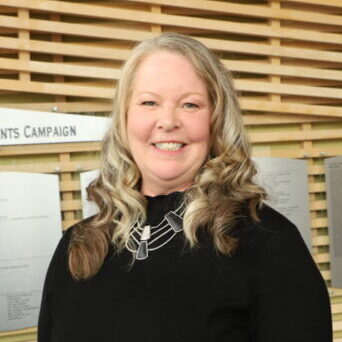
[email protected]
705-949-2301, ext. 4314
Educational Background:
- PhD (University of Alberta)
- MA (Queen’s University)
- BA Hons (Laurentian-Algoma University)
My area of specialization may be broadly listed as Cognitive Psychology; I am interested in how songbirds, which are vocal learners like humans, pay attention to, and utilize, their vocalizations in their social world. Therefore my research areas encompass the following aspects of psychology: attention, perception, language/communication, and comparative psychology. I teach courses on cognition, perception, and neurobiology, and act as coordinator for the fourth year thesis course where I assist in research design and data analysis.
In collaboration with fellow faculty members and student research assistants, I am also investigating whether birds use particular vocalizations to communicate the discovery of profitable food sources. This is being conducted both in the field and in my laboratory, which has an operant conditioning testing room, a spatial cognition testing room, and a sound-attenuating chamber for recording individual birds. Check out my website for more information and pictures.
On a more personal level, I enjoy reading horror/suspense/sci-fi novels, and baking and decorating cakes. When I have the opportunity to get out of the house, I spend time with my husband and our young daughter at our camp north of the city, riding our four-wheeler or snowmobile. I also enjoy visiting with extended family in southern Ontario during the summer.
For more information, check out my website.
Dr. Arthur Perlini
Professor, Psychology
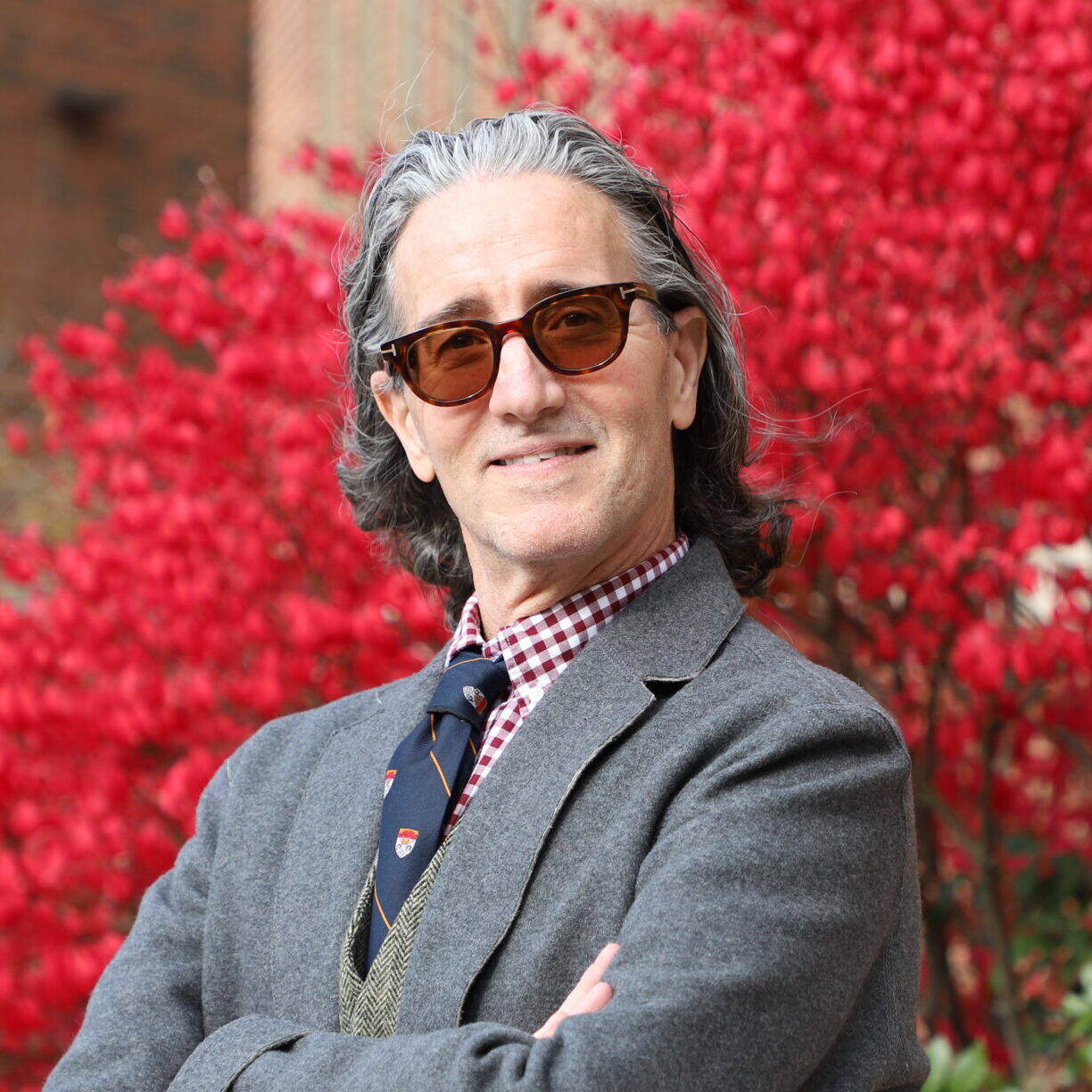
[email protected]
705-949-2301, ext. 4116
Credentials: BA Hons (University of Western Ontario), MA (Carleton University), PhD (Carleton University)
Dr. Olivia Lena Pastore (she/her)
Assistant Professor, Psychology

Educational Background
B.Sc. Specialization in Biology and Minor in Psychology (University of Ottawa)
M.A. in Human Kinetics (University of Ottawa)
Ph.D. in Kinesiology Sciences (McGill University)
Teaching Interests
I strive for my students to acquire life skills that extend beyond the classroom. As such, I try to use interactive and engaging methods to help students better understand the material and make it meaningful to their life or future career goals. To achieve this, my teaching philosophy encompasses three core elements: Building a Foundation of Respect and Compassion, Fostering Student Engagement and Experiential Learning, and Implementing Equitable Assessments.
Research in Health and Exercise Psychology
My primary research interests are in understanding and promoting health behaviours and mental health among adults through motivation-based and mindfulness-based interventions, with a focus on social populations (i.e., university students, adults with disabilities, caregivers). My goal is to foster relationships within the community to ensure my research is more meaningful, relevant, and useful. Through community engagement, I strive to prioritize knowledge mobilization to create practical resources for the community to foster positive change.
Outside of School
Outside of school you will find me spending time with my family, engaging in any form of physical activity/sport, or reading a good book! I am also a certified yoga instructor at Core Self-Care Studio here in Sault Ste. Marie where I try to incorporate evidence-based practices within my classes.
Dr. Paul Dupuis
Associate Professor, Psychology
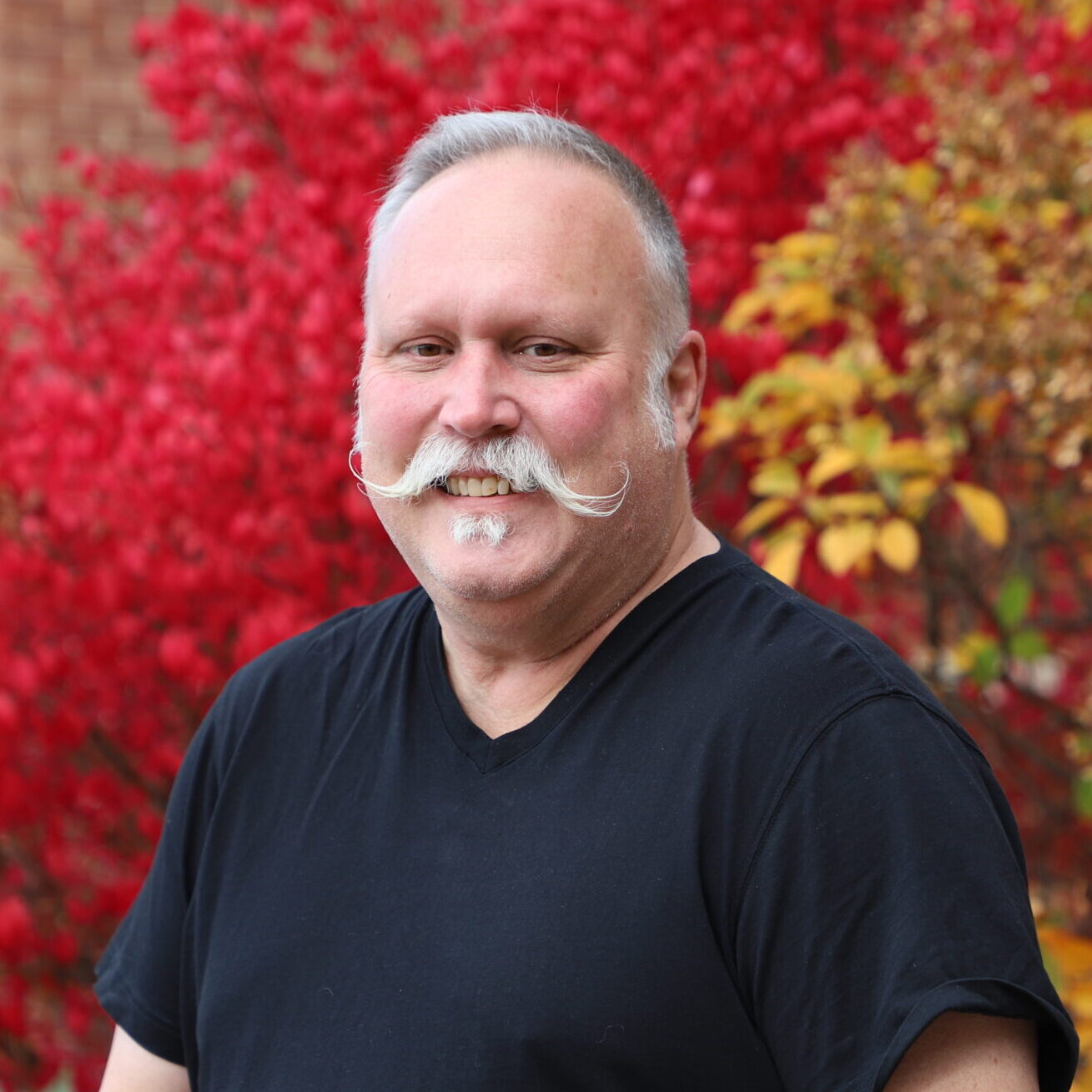
[email protected]
705-949-2301, ext. 4332
Educational Background:
- PhD, (Queen’s University)
- MA, (Queen’s University)
- BSc Hons (St. Mary’s University)
My main teaching and research interests are in forensic psychology and criminal behaviour with a focus on social cognitive/perceptive processes. Much of my research regards witness memory for crimes and perpetrators but I am moving towards examining interrogation techniques as well as how people perceive, and make judgments about, violent altercations.
Outside of academics I love to spend time with my family and friends, having barbeques, cooking, and playing games. I am a huge Montreal Canadiens fan, both figuratively and literally, and love to take my daughter skating and to Soo Greyhounds games.
Dr. Dwayne Keough
Associate Professor; Chair, School of Psychology
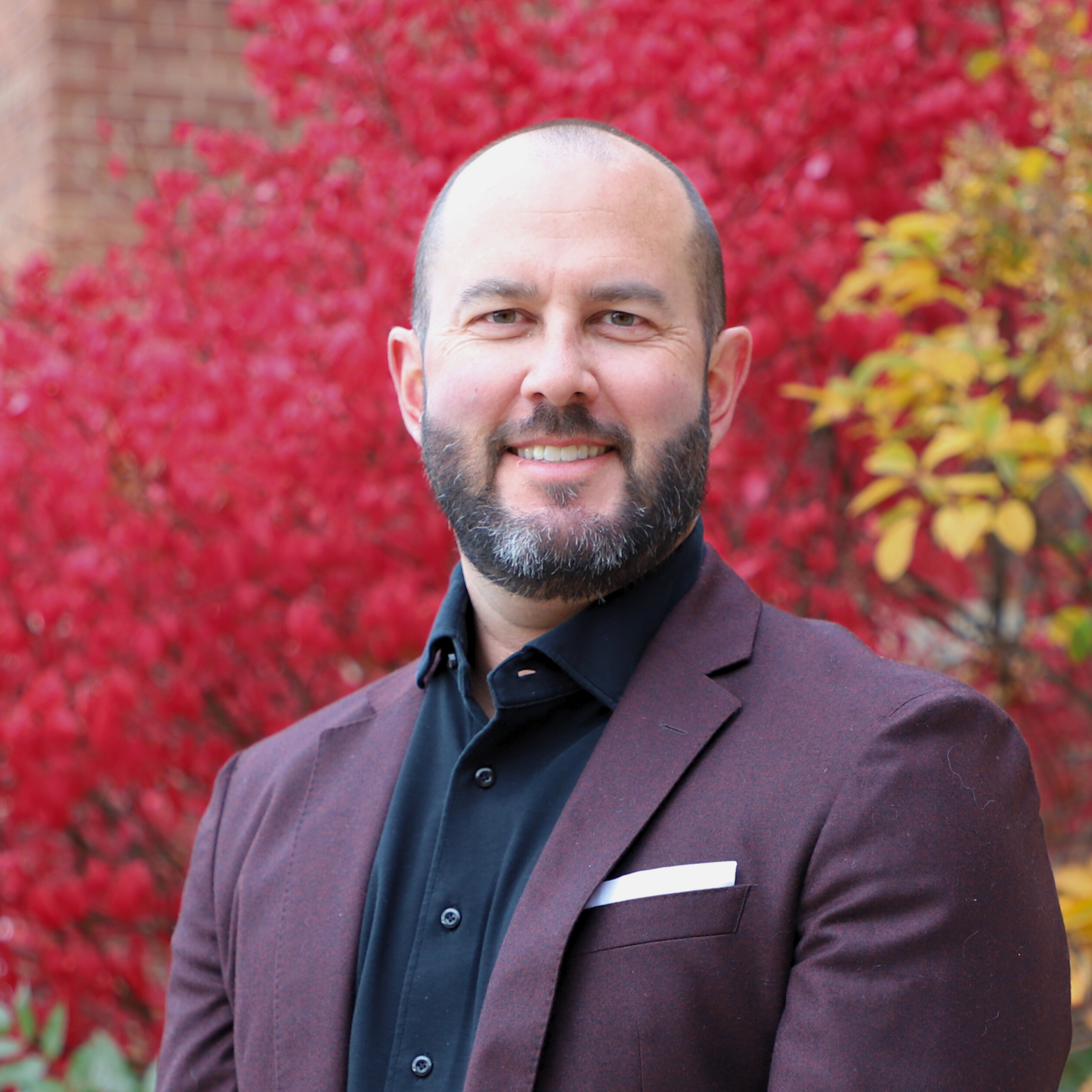
[email protected]
705-949-2301
Teaching Interests:
Throughout my career I have had the opportunity to teach a variety of undergraduate courses. I particularly enjoy teaching introductory to psychology, sensation and perception, cognition, human neuropsychology, and statistics. No, that was not a typo…I really do like teaching statistics!
Research Interests:
In general, I am interested in motor control. More specifically, I want to understand how sensorimotor feedback is used during motor planning and execution. My research has largely focused on the importance of auditory feedback during singing. To this extent, I have examined how individuals with differing levels of expertise rely on what they hear to control their voice fundamental frequency (pitch). I am also interested in other areas of perception and comparative cognition
Recent Publications:
- Keough, D., Hawco, C., & Jones, J. A. (2013). Auditory-motor adaptation to frequency-altered feedback occurs even when participants ‘ignore’ feedback. BMC Neuroscience, 14, doi:10.1186/1471-2202-14-25.
- Keough, D., & Jones, J. A. (2011). Contextual cuing contributes to the independent modification of multiple internal models for vocal control. Journal of Neurophysiology, DOI: 10.1152/jn.00291.2010.
- Keough, D., & Jones, J. A. (2009). The sensitivity of auditory-motor representations to subtle changes in auditory feedback while singing. Journal of the Acoustical Society of America, 126, 837-46.
- Hawco, C., Jones, J. A., Ferretti, T., & Keough, D. (2009). ERP correlates of online monitoring of auditory feedback during vocalization. Psychophysiology, 46, 1-10.
- Jones, J. A., & Keough, D. (2008). Acoustic-vocal mapping for pitch control in singers and nonsingers. Experimental Brain Research, 190, 279-287.
Dr. Nikki Shaw
Professor, Biology

[email protected]
705-949-2301, ext. 4751
Credentials: BSc Hons (University of Central Lancashire), PhD (University of Central Lancashire in collaboration with Oxford PGMET)
Areas of Expertise: Sociology in health, mental health, adverse childhood experiences, research methods.
Dr. Shaw (Nikki) is English but has lived in Canada for 22 years in BC, AB, and ON. Her discipline is health informatics, but she also works in health services research, disability studies and medical professionalism and bio/medical ethics. She is well-versed in research methods across the spectrum from Qualitative to Quantitative. She frequently uses mixed methods in her work. She teaches a variety of subjects ranging from Biology to Philosophy and Epidemiology. She is currently a full Professor in the Department of Biology at Algoma University and is also the Sault Ste Marie Family Medicine Residents Research Tutor for NOSM University. Nikki is deaf and uses a service dog. She is very open to collaboration and partnership and would love to hear from anybody interested in doing so. For more information on her research interests please refer to https://chimeras.ca/ or https://www.digital-assistive-technologies.ca/en/ Please feel free to email her at [email protected]
Dr. Chunhua Zhang
Professor, Biology

[email protected]
705-949-2301, ext. 1090
Credentials: BSc (Hunan Normal University), MSc (Southwest China Normal University), PhD ( University of Saskatchewan)
Areas of Expertise: GIS, remote sensing, environmental monitoring/modeling, physical geography and landscape ecology
Dr. Chantal Lemieux
Assistant Professor, Psychology
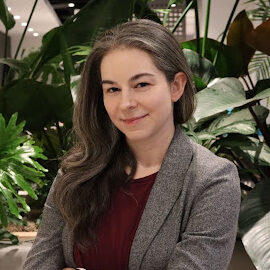
[email protected]
24 Queen St E, Brampton
Educational Background:
PhD, (University of Ottawa)
MA, (University of Ottawa)
BA Hons (University of Ottawa)
My main research interests are in Cognitive Psychology where I have experience in several areas within the domain of higher-order cognition, including face perception, spatial cognition, metacognition and driving. Most recently, I have been focused on gender differences in spatial cognition, particularly visual spatial cue processing and performance monitoring. I am particularly excited to be teaching Sensation and Perception where I have several physical in-class demonstrations and illusions which make for a fun course! My other teaching interests include: Introduction to Behavioural Neuroscience, Scientific Method and Analysis, and Laboratories in Psychology.
Outside of academics, I am a proud mother to two curious boys who enjoy the outdoors going on nature walks and hikes with our dog. I enjoy yoga, playing soccer, and gardening. Most of all I love to travel. I have been to Thailand, Cambodia, India, Philippines, various countries in Europe, and the US and hope to grow this list throughout the years.
Shannon Rowell-Garvon
Lab Coordinator, Animal Care & Use Coordinator and Sessional Instructor, Biology

[email protected]
(705)949-2301 x431
Credentials: BSc (Northern Michigan University), MSc (Texas A&M –Corpus Christi)
My main focus at the university is supporting full and part-time faculty who teach in our various labs associated with the chemistry, biology and environmental science courses. The students are my top priority, so ensuring that faculty have everything they need to run successful labs at the university is my main goal. Besides coordinating for all of the labs I maintain the Algoma Herbarium and the Algoma Insect collection. These two collections provide opportunities for students to volunteer or do an internship.
Teaching Interests:
Intro Biology (1506, 1507) Labs
Introduction to the Invertebrate (2716) Lecture & Lab
Research Interests:
Prior to life at Algoma I worked as a consultant on various projects involving shorebirds and one involving a management plan for an endangered plant species, South Texas Ambrosia (Ambrosia cheiranthifolia). For the past 13 years during my summers off I have worked with my husband, Dr. Jason Garvon, a biology professor at Lake Superior State University on the Great Lakes Piping Plover Recovery effort.
Piping Plover Collaboration
Great Lakes Piping Plover Recovery
Dr. Christine Madliger
Assistant Professor, Biology
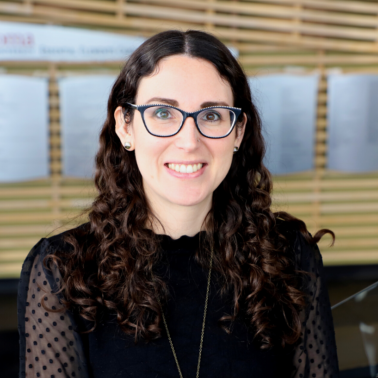
Email: [email protected]
Website: https://cmadliger.wixsite.com/christinemadliger
Phone: 705-949-2301, ext. 4380
Credentials:
B.Sc. (Hons.) – Biology, Biodiversity Specialization (McMaster University)
Ph.D. – Biological Sciences (University of Windsor)
Area of Expertise:
Conservation Physiology
Dr. Madliger holds a B.Sc. from McMaster University and a Ph.D. from the University of Windsor. She has been a member of the Biology Department at Algoma University since 2022. She is interested in how physiological tools can be applied to the field of conservation science. Her work has primarily focused on determining whether metrics such as stress hormones, energetic metabolites, and body condition indices reflect environmental quality, predict organismal responses to environmental change, and correlate with fitness metrics. She is currently studying a variety of environmental stressors in this context, including landuse change, lampricides, and oil exposure. Most recently, she has also been investigating how physiological and behavioural monitoring can inform reintroduction decisions and transport protocols for at-risk fishes. While many of her research endeavours have centred on validating physiological tools in birds and fishes, she is also broadly interested in how the vast array of physiological techniques can be integrated with wildlife conservation to better monitor and mitigate anthropogenic disturbances across species of concern. She is enthusiastic about the field of Conservation Physiology and serves as an Associate Editor for the journal Conservation Physiology.
Dr. Karolina A. Bearss
Assistant Professor, Psychology
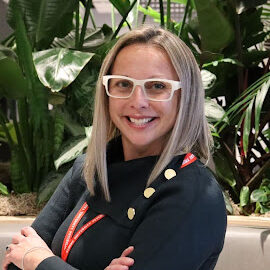
Educational Background:
PhD: York University
MSc: Trent University
BSc: York University
I am particularly interested in how we integrate multisensory information – signals of vision, audition, touch and proprioception in the brain and convert them into motor movements of our eyes, limbs and body in response to external stimuli. I further investigate how this integrated multisensory information is modulated by learning, memory, cognition and attention by using various cognitive and neuroscience techniques such as eye tracking to measure eye movements; electroencephalogram (EEG) to measure changes in electrical rhythms of the brain, and fMRI to measure activity and structure of the brain. I studied Psychology as an Undergrad at York University, completed a Master of Science in Experimental Psychology at Trent University and graduated from my PhD at York University in 2022. I have special interests in understanding how dance, an alternative form of fun, physical exercise therapy, helps improve both motor and non-motor Parkinson’s Disease symptoms, which was the focus of my doctoral work and continued passion in research. See more on this fascinating research here. https://www.thestar.com/life/health-wellness/study-says-dancing-helps-slow-progression-of-symptoms-of-parkinson-s-disease/article_8623b6e8-f2db-5626-baec-1aa5903dd905.html
Dr. Monica Ghabrial (she/her)
Assistant Professor, Psychology
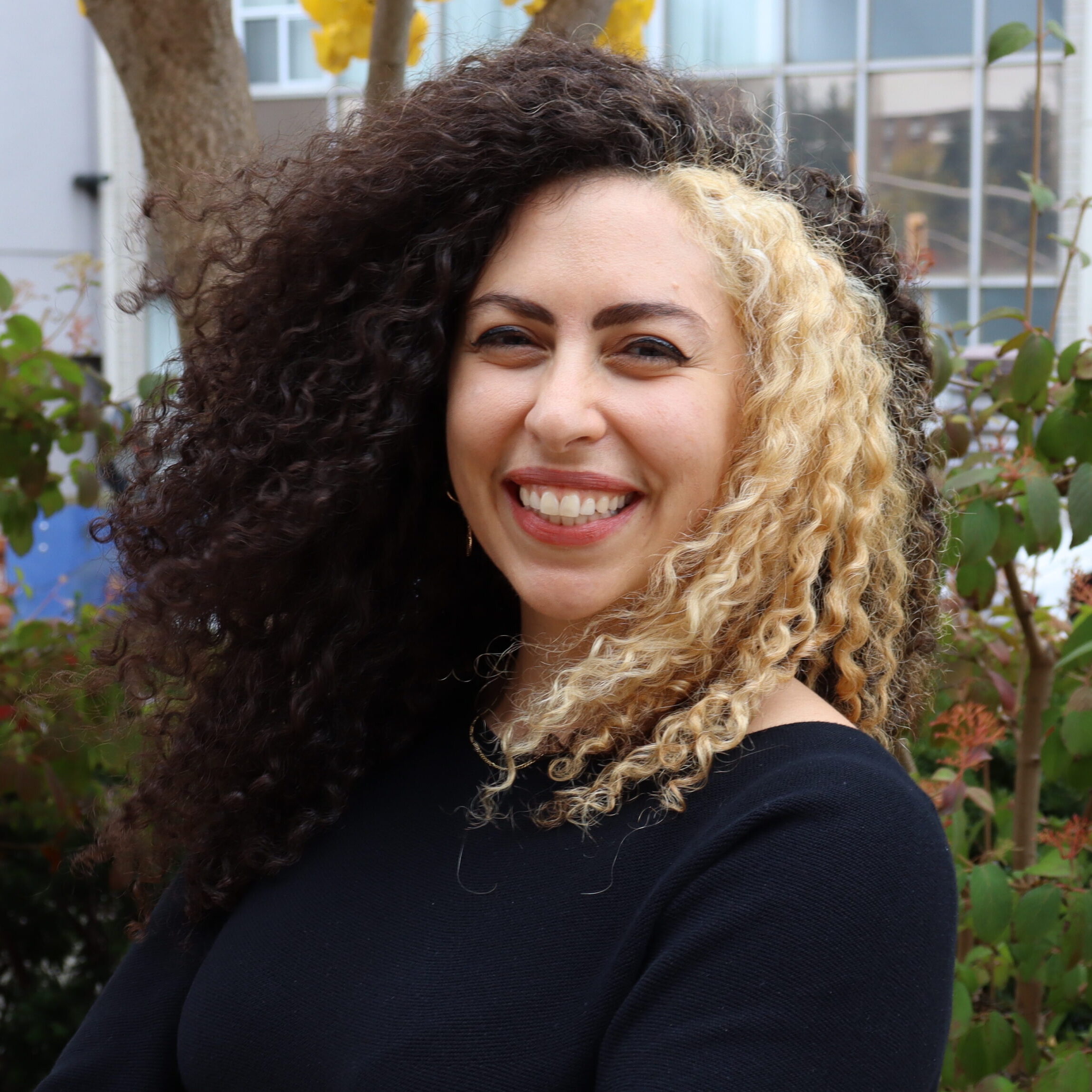
Postdoctoral Fellowships: Western University (Epidemiology & Biostatistics, Schulich School of Medicine & Dentistry), Harvard University (Sexual Orientation and Gender Identity and Expression Collaborative), University of Toronto (Dalla Lana School of Public Health)
PhD: University of Toronto
MA: University of Toronto
BSc: University of Guelph
Trained as a health psychologist with experience in epidemiology, biostatistics, and public health, my research uses qualitative, quantitative, and mixed methods to investigate stress, resilience, and health among marginalized and oppressed populations. Guided by intersectionality theory, my research has largely focused on issues concerning queer and trans Black people, Indigenous people, and people of Colour (BIPOC) and stress factors associated with health inequities, including immigration status, racialized homophobia, and intergenerational trauma. I have worked with many diverse populations and on a range of health topics, including domestic and sexual violence, housing access, sex work and sex tourism, HIV, and gynaecologic cancers.
As an educator, I employ an experiential learning model and am particularly interested in learning about and teaching perspectives of health from epistemologies that have been historically erased from dominant discourses in psychology.
In my spare time, you might find me sewing (making or altering clothes), lifting weights, playing tennis, listening to audiobooks, watching television, and spending time with my families of choice and origin.
Ready to Apply?
Applying to Algoma U is simple, fast, and easy

“My experiences in the Biology program at Algoma U’s Faculty of Science, specifically my time as a research assistant, ignited a passion for research that I continue to pursue today at the University of Waterloo School of Pharmacy. I was able to develop a deeper understanding of the methods that underly scientific experiments, and even learned basic coding skills using statistical software. I also secured an Natural Sciences and Engineering Research Council (NSERC) Undergraduate Student Research Award (USRA) allowing for the opportunity to conduct a unique research project with Dr. Schamp’s team during a summer work term. These experiences opened many doors for me in Pharmacy school.”
Ryan Pelletier
Graduate, Bachelor of Science, Biology (2016), PharmD Candidate
